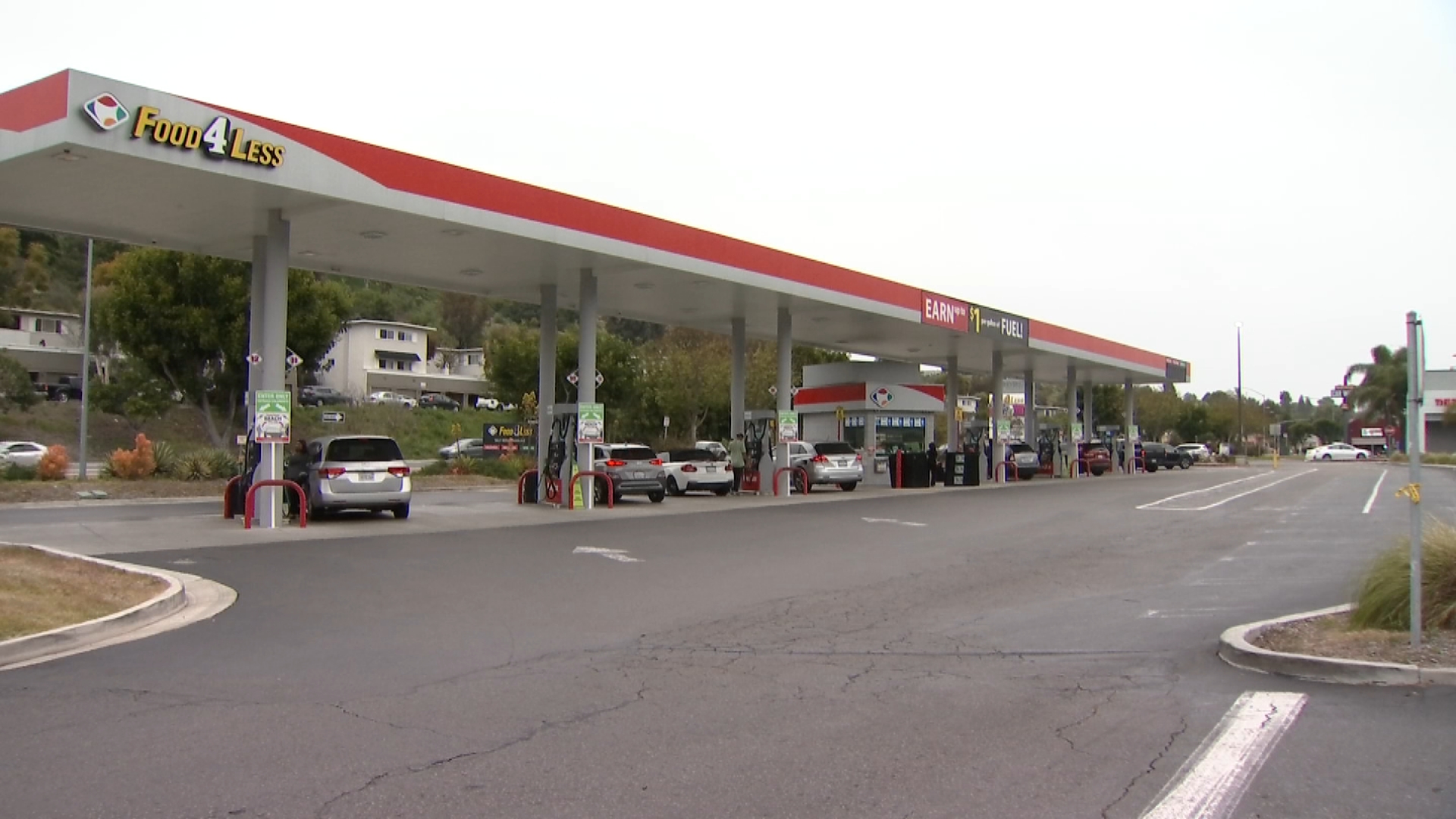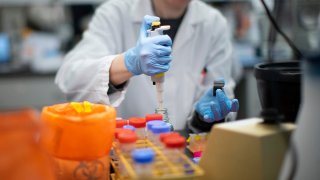
Numbers show we have a serious problem with testing in California. Our state is testing way fewer people than other states, and those tests are taking way longer to turn a result. In the meantime, health care workers might be wasting something they can't afford to spare.
This past Monday, President Donald Trump announced a milestone – the U.S. had tested more than a million Americans for the coronavirus.
But that milestone comes with a sizeable blemish – one largely focused here in the state of California.
More than 57,000 Californians who were swabbed to check for the coronavirus are still waiting for someone to look at those swabs.
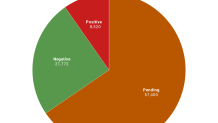
You might think that backlog is because we're the most populated state. Wrong.
Here's how we stack up against the next five most populated states:
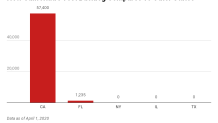
The only other state with a significant backlog is Florida, and it has just a fraction of the number of pending tests. Meanwhile, New York, Texas, Pennsylvania and Illinois have zero backlogs.
If you think maybe we're testing more folks than everyone else, wrong again.
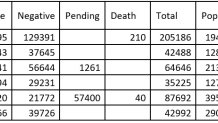
Illinois, Pennsylvania and New York are all testing way more people per capita than we are. In fact, New York is testing five times as many people per capita.
Local
There's a pretty important exception to the per capita data. Private labs don't have to report all tests, just positive results. Meaning that per capita number might not be telling the whole story.
So why does this backlog matter? Lagging data hurts policymakers from properly tracking the virus spread, thus delaying measures to prevent it.
"It's important, absolutely,” said Dr. William Tseng, Assistant Area Medical Director for Kaiser Permanente San Diego. He is currently treating COVID-19 patients.
"Any type of test helps us assist in the treatment of a disease,” Tseng said.
He says Kaiser has now adopted three different types of tests in an effort to cut down on test result lag times.
"We want to move to as quick as possible,” says Tseng.
Right now, Tseng says the hospitals have a 24-hour turnaround time on tests. But several weeks ago, they had to wait days – a wait time he concedes was frustrating. It kept some folks in the hospital for days longer than they needed to be while they waited for results.
Still, Tseng insists patient safety has nothing to do with testing wait times.
"In terms of the quality of care, that is not compromised,” he said
What is compromised are precious resources. If health care workers don't know if a patient is positive, they have to use masks and gloves - wasting valuable equipment in the height of a supply shortage.
"The harm is that we don't know who has it,” says Tseng. “And we don't know how to save on the PPE.”


